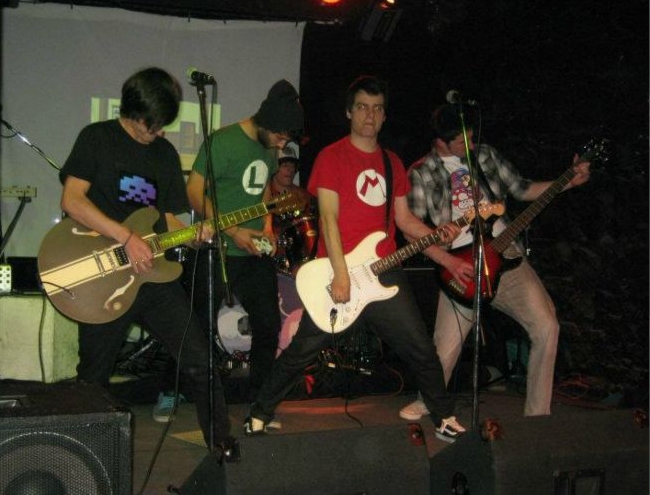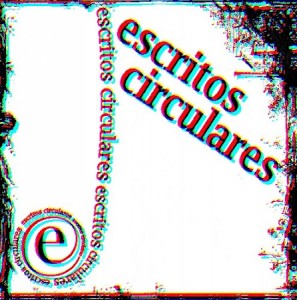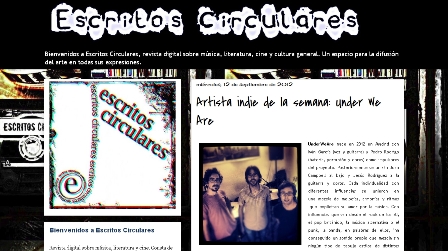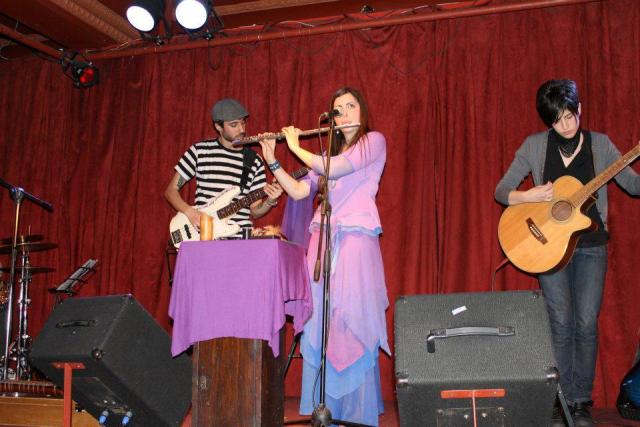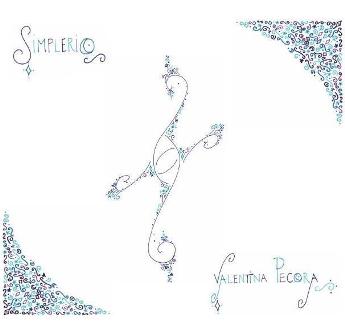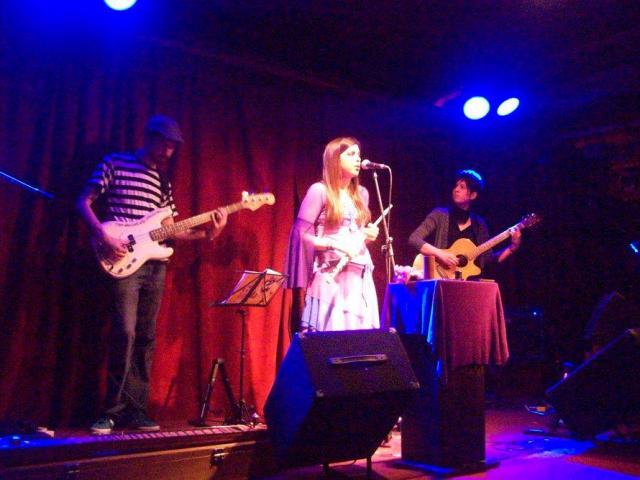
(English translation of an article originally posted on Cooltivarte.com)
Josefina Martino is a young singer/songwriter. She has studied guitar, singing and piano, and when she was 17 she fronted her first band, Mama’s Sound. With Mama’s Sound, she played a blend of rock and blues. She went solo in 2009, and by now she has played the wide and length of the Eastern coast of the country, and also many restaurants and venues in Montevideo.
In 2010, she traveled to Spain. She worked as a pianist and solo singer at the restaurant Café Casino in Santiago de Compostela, where she played some of her first compositions.
Back in Uruguay, Josefina became the pianist and singer of the restaurant “Rara Avis” (Centro cultural Teatro Solís). And now, she’s about to issue her first album, “Tiempos Libres” [Spare Times]. The album includes ten original compositions, and a Rolling Stones’ cover. It was recorded with Nacho Mateu as arranger and artistic producer, Federico Navarro on guitar, Gerónimo De León on drums, Herman Klang on keybards, Nicolás Arnicho on percussion and Camila Ferrari on backing vocals.
This album is characterized by a combination of pop and rock, and also of styles such as country and ballads. This clearly reflects Josefina’s musical journey, and all the styles she’s gone through in order to arrive at her very own.

(To read this interview in Spanish, click here)
Q: What can you tell us about your upcoming album? When will you present it to the public, and where?
A: My first album (“Tiempos Libres”) is the fruit of a collaboration I started with Nacho Mateu in 2010. It includes 10 original compositions (which have been arranged by Nacho Mateu), and a Rolling Stones’ cover. In all likelihood, the album will be presented to the public on the 8th and 9th of November, in Lindolfo.
Q: What are your expectations?
A: I hope my work can be spread as much as possible. I’d like to reach people with my songs. As with any other first album, the idea is to begin gaining visibility, and to elicit a response.
Q: Which song should we necessarily listen to, and why?
A: Well, it isn’t easy to pick just a single song. I obviously like some of them more than others, but I feel a special affection for each and every one of them. If I had to choose, then I’d go for “Flores” [Flowers] and “Correr” [Run], these are two songs that come to define the album, and they’re both very different. The former is a pop song with a little bit of country, and the latter is a ballad that’s rooted on milonga.
Q: How old were you when you began writing songs?
A: I became interested in music when I was 15. It was then that I started to learn guitar. At that time, I wrote the kind of song you write when you’re 15, and I sang them whenever I could. A couple of years later (and after having matured) I felt like writing songs again. I was about 20 then, I had a more defined personality. And I had a clearer set of goals. I wrote the first songs that would lead me to this album back there and then. Continue reading →

